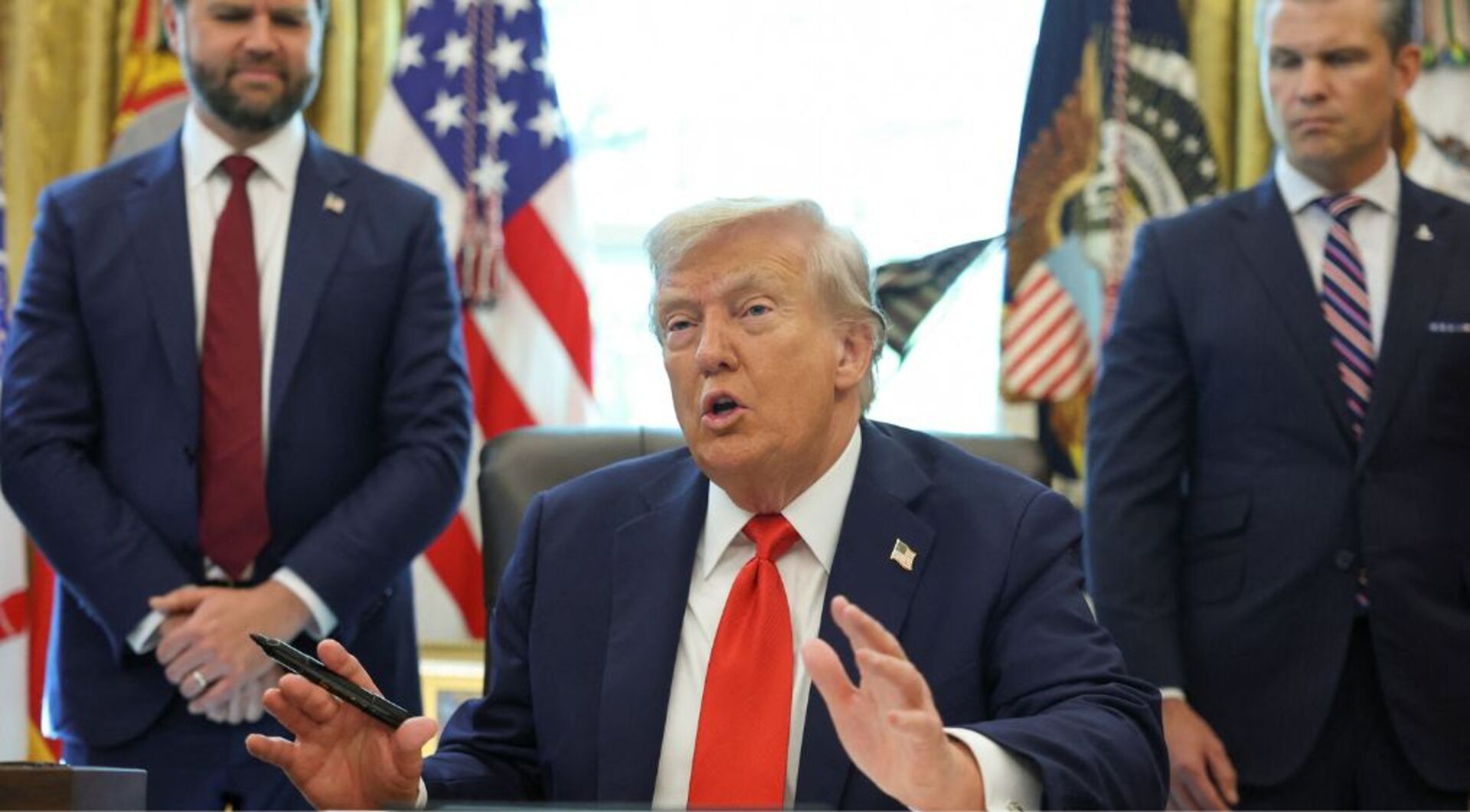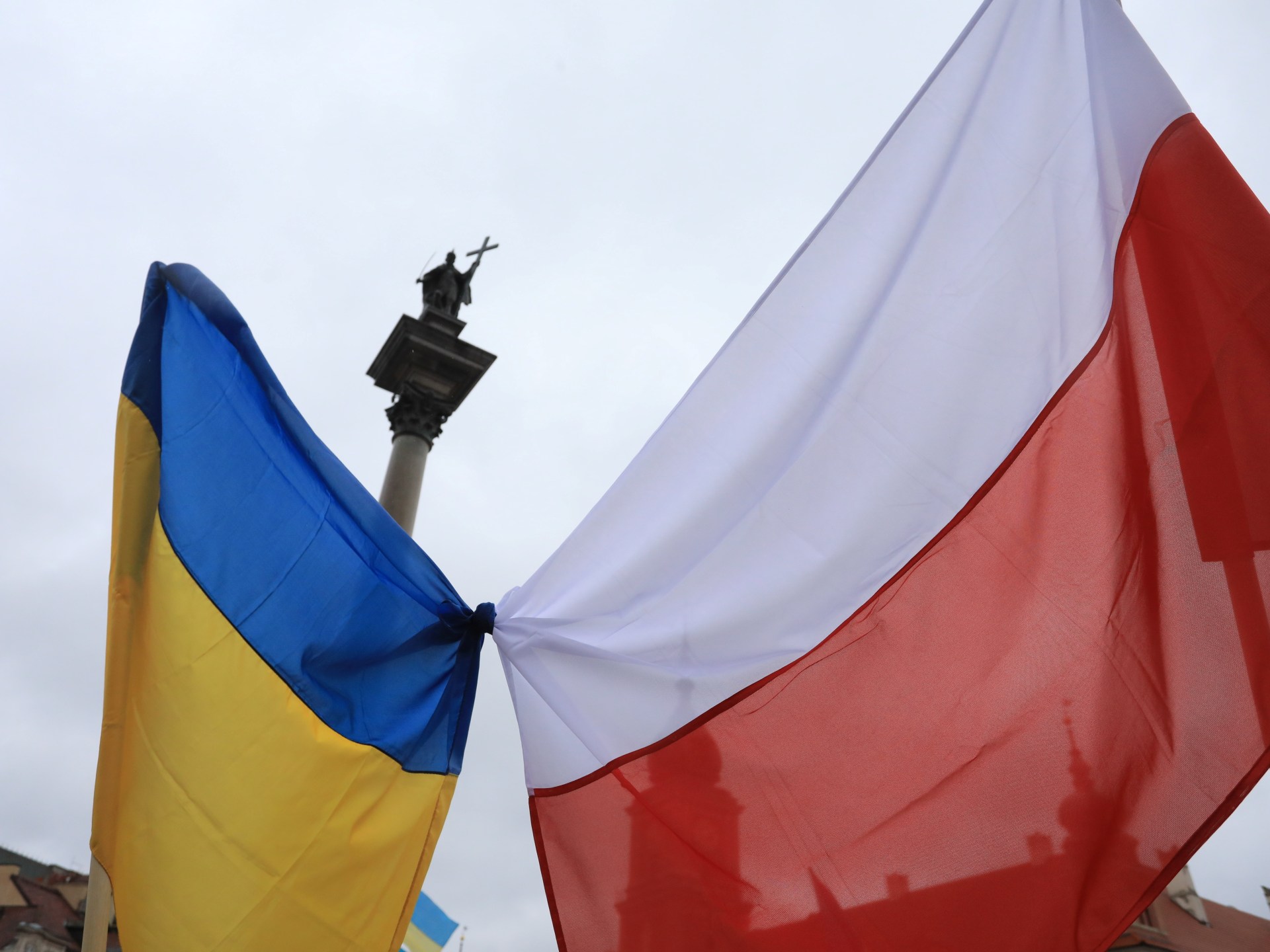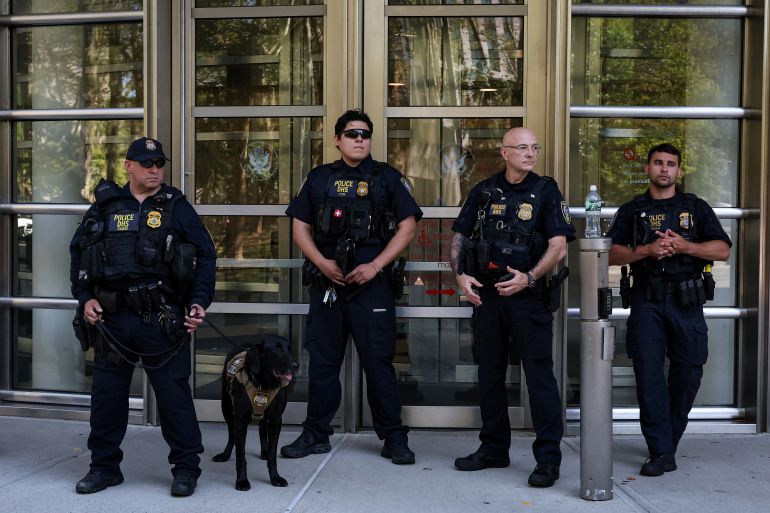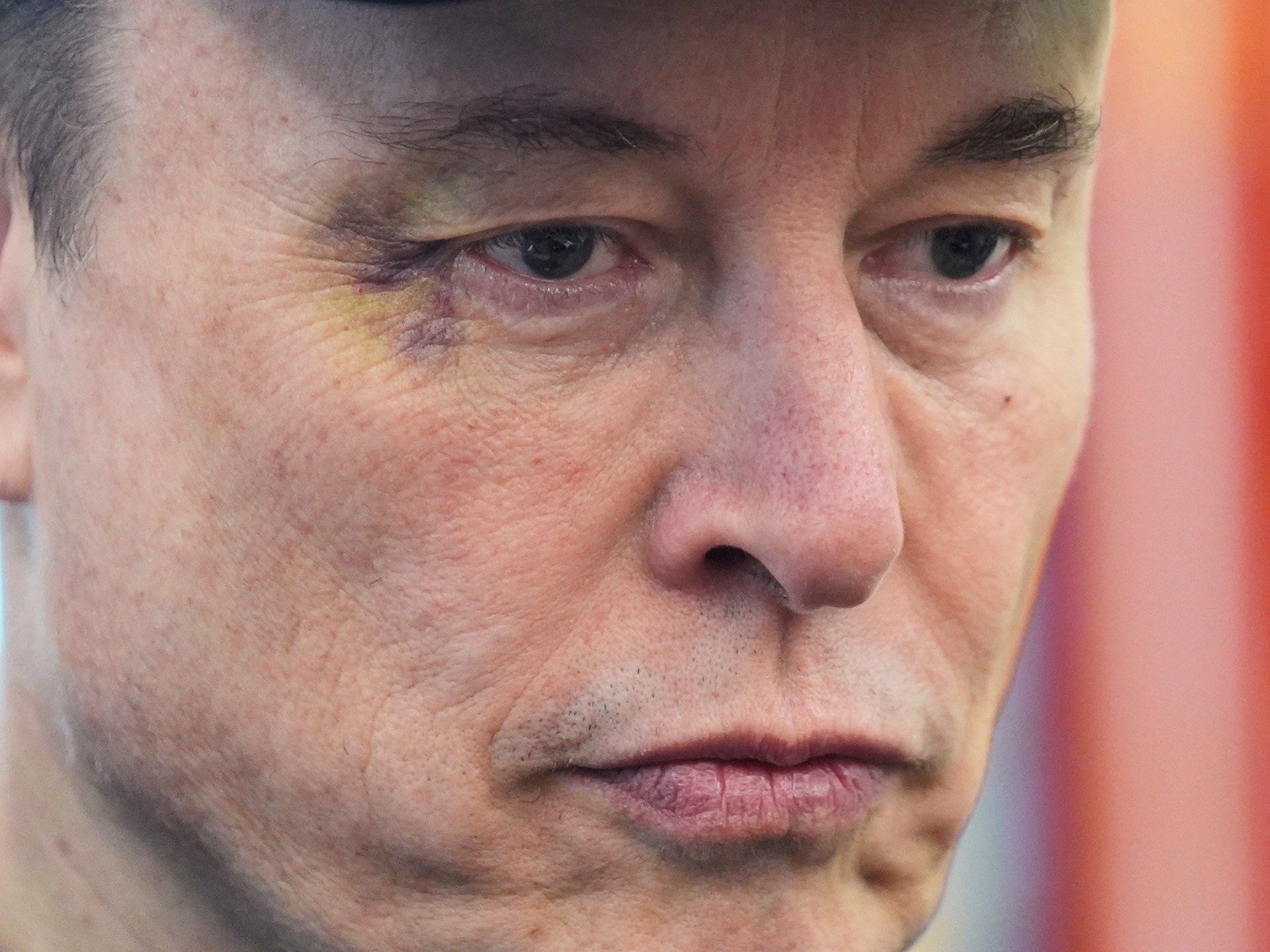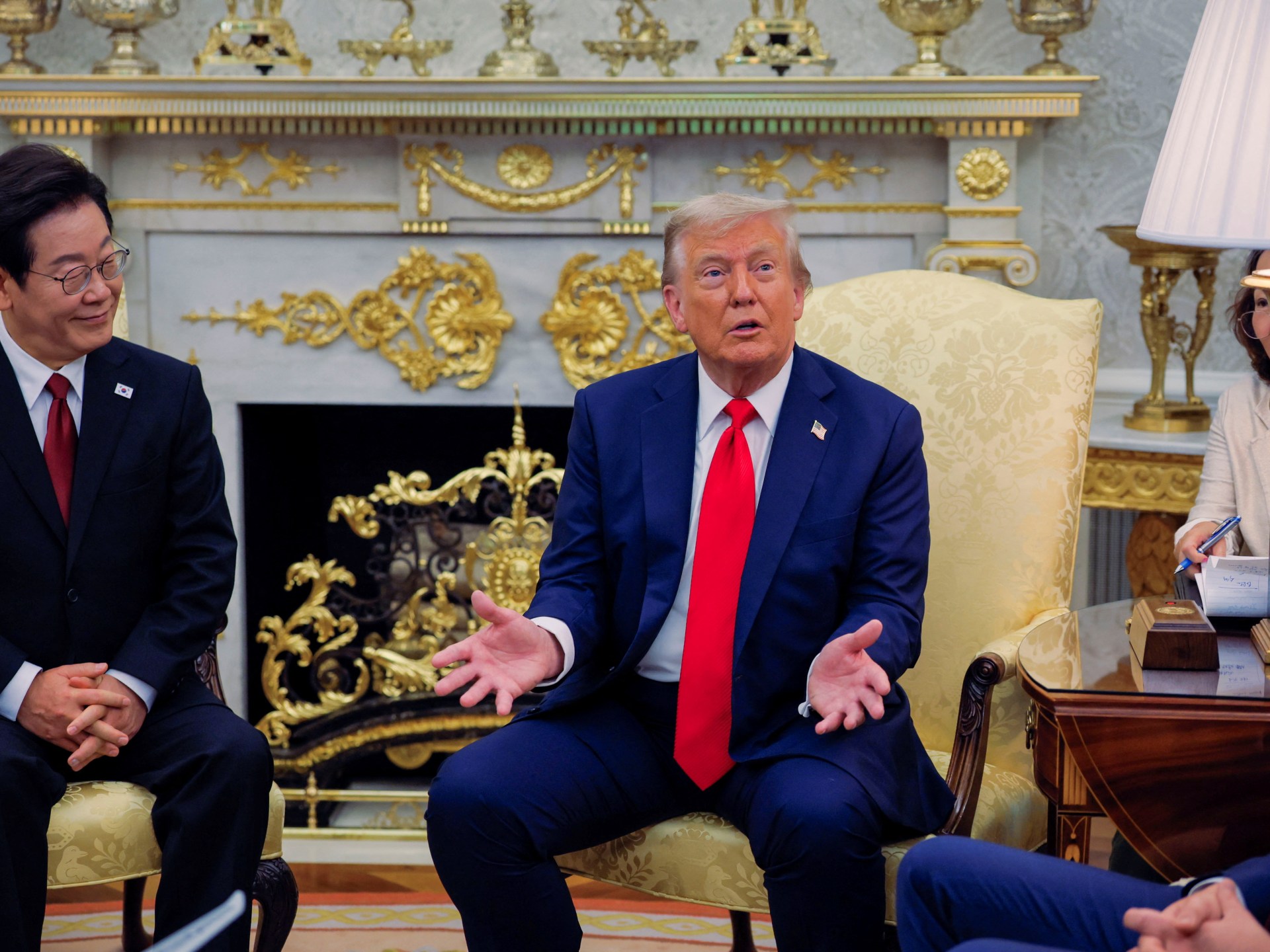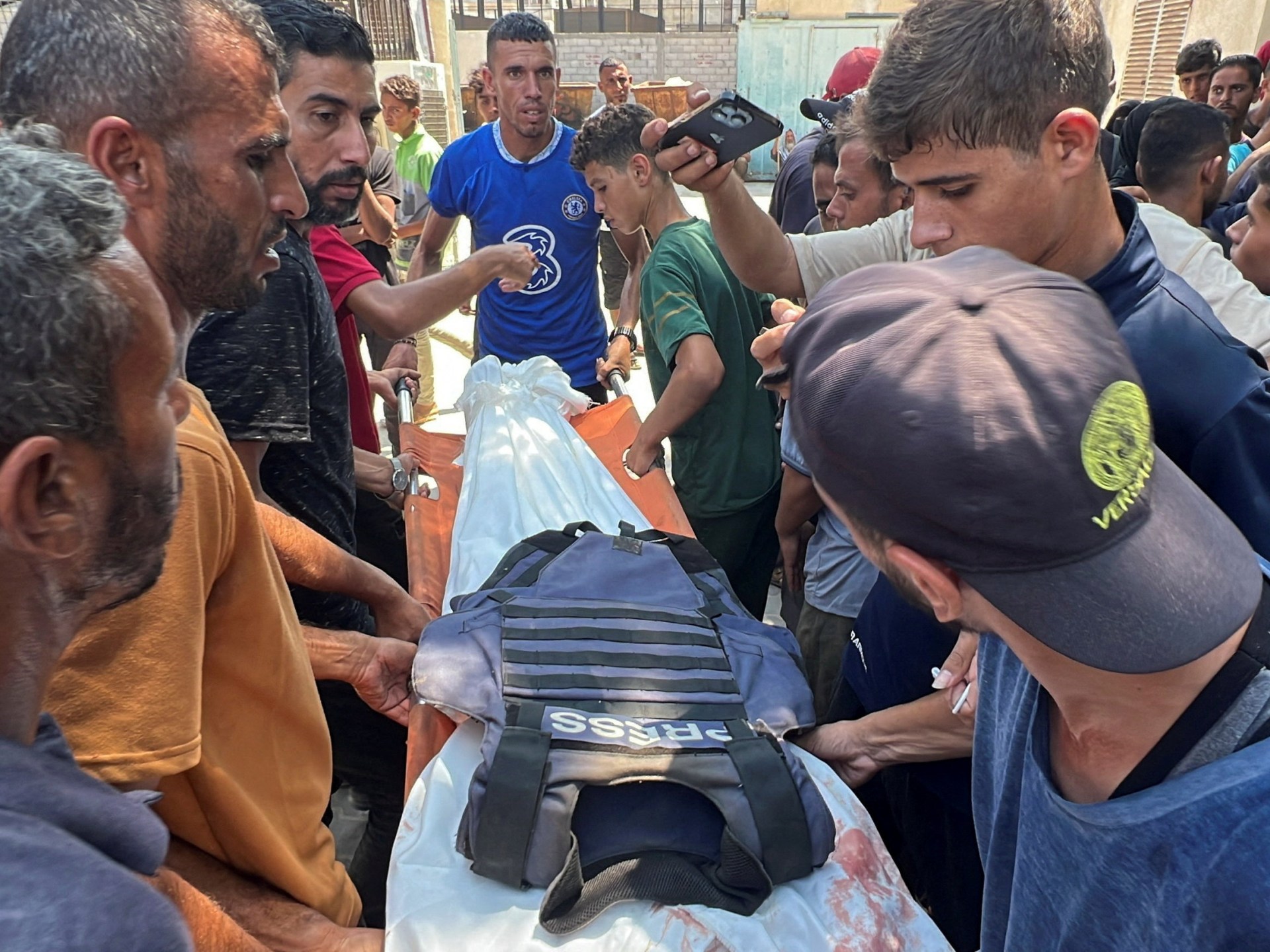Amna Homaid, a dear friend and relative, was brutally murdered a year ago, along with her 11th-year-old eldest child, Mahdi. Following Israeli media’s incitement against her, she was targeted.
The family was kept busy for the first days following her murder, and I still recall the flood of grief and condolences that came in. Condolences were extended to Amna’s husband by international media. There was a lot of coverage of her murder and the subsequent incitement. Posts about Amna and her accomplishments were all over social media, all with the same mournful tone.
In the meantime, mourners alternated between blame, pride, and grief. Blame targeted Amna’s choice to pursue the deadly path of journalism in a nation that is exempt from international law, not Israel, nor the world that allowed the killing.
The sadness vanished over time. No institution or government ever sought an investigation into Amna’s murder, and she gradually faded away. However, what transpired with her is the standard rather than the exception.
Hussam al-Masri, Mohammad Salama, Mariam Abu Daqqa, Ahmed Abu Aziz, and Moaz Abu Taha, who were all killed today in Khan Younis, are likely to experience this. The massacre is currently in the news, but it will soon be forgotten just like Amna’s murder was.
No one will hold Israel accountable for what it claims was a “mistake” and no one will conduct an investigation despite the fact that these journalists were protected civilians and were residing inside a hospital that is under special protection under international law.
Similar things happened two weeks ago when Mohammed al-Khaldi, Ibrahim Zaher, Mohammed Noufal, Moamen Aliwa, and Mohammed al-Sharif were all killed. It was eventually forgotten as well. The eulogies in social media faded. Israel’s claims about Anas remain undisputed, and their killing, which was called “unacceptable” and a “grave breach of international law,” is still pending.
How persistently this pattern continues, as evidenced by Israel’s killing of Ismail al-Ghoul and Rami al-Rifi in June, its murder of journalist Marwa Musallam and her two brothers in March, and, most agonizingly for me, its assassination of my dear professor Refaat Alareer in December 2023.
The silence that follows each Israeli atrocity opens the way for another Israeli failure to hold Israel accountable.
Palestinians have come to accept that a journalist’s career is a death sentence for both their families and the journalists themselves after seeing this deadly cycle repeatedly repeat.
Anyone who decides to follow in Amna’s footsteps after her murder is now dissuaded by my family, which has long encouraged its young people to pursue media studies. They say, “The world turns its back on you on a lonely road.”
The family’s current journalists are advised to work quietly and avoid being in the spotlight.
My uncle Hamed, Amna’s father-in-law, promised to never let any of his six other children pursue careers even remotely related to journalism. No journalism or acting. I would never permit their media appearance.
“I once urged anyone to pursue journalism.” I would say that this is the realm of truth. I detested everything that came with the field after Amna, he continued.
Even Saed Hassouna, Amna’s husband, who is also a journalist and used to counsel young people interested in this field, gradually cut back on his work after his death.
Families left with nothing but unhealing traumas as a result of the silence and withdrawal. In Amna’s case, her 10-year-old son, Mohammed, who witnessed his mother and brother pass away before his eyes and personally informed Ismail al-Ghoul that his family was submerged in rubble, continues to experience trauma attacks. He yells at people to let him go to the Israelis, who also killed his mother, so they also kill him whenever he’s depressed.
Ghina, Amna’s five-year-old daughter, is still waiting for her return, and she frequently yells, “Where did you take my mom”?
Nearly 23 months into this bloody conflict, only the world can express condolences for Palestinians who have died. It makes every effort to prevent anyone from feeling even the slightest bit responsible for what is happening in Gaza.
244 Palestinian journalists have already died in Gaza right now. Every one of them has received the same treatment; even those who have been thoroughly documented have not been charged with war crimes. What will come in the wake of Shireen Abu Akleh’s murder in Jenin in 2022 as a result of an Israeli sniper’s actions. Even her American citizenship prevented her from receiving justice, despite American media investigations.
Don’t mourn Palestinian journalists if it makes you feel less guilty or that you have acted in their best interest. Justice is what we need, not more eulogies. The world can do the world’s least to help Mariam, Amna, Anas, and the other 24 of Gaza’s slain journalists’ orphans.
